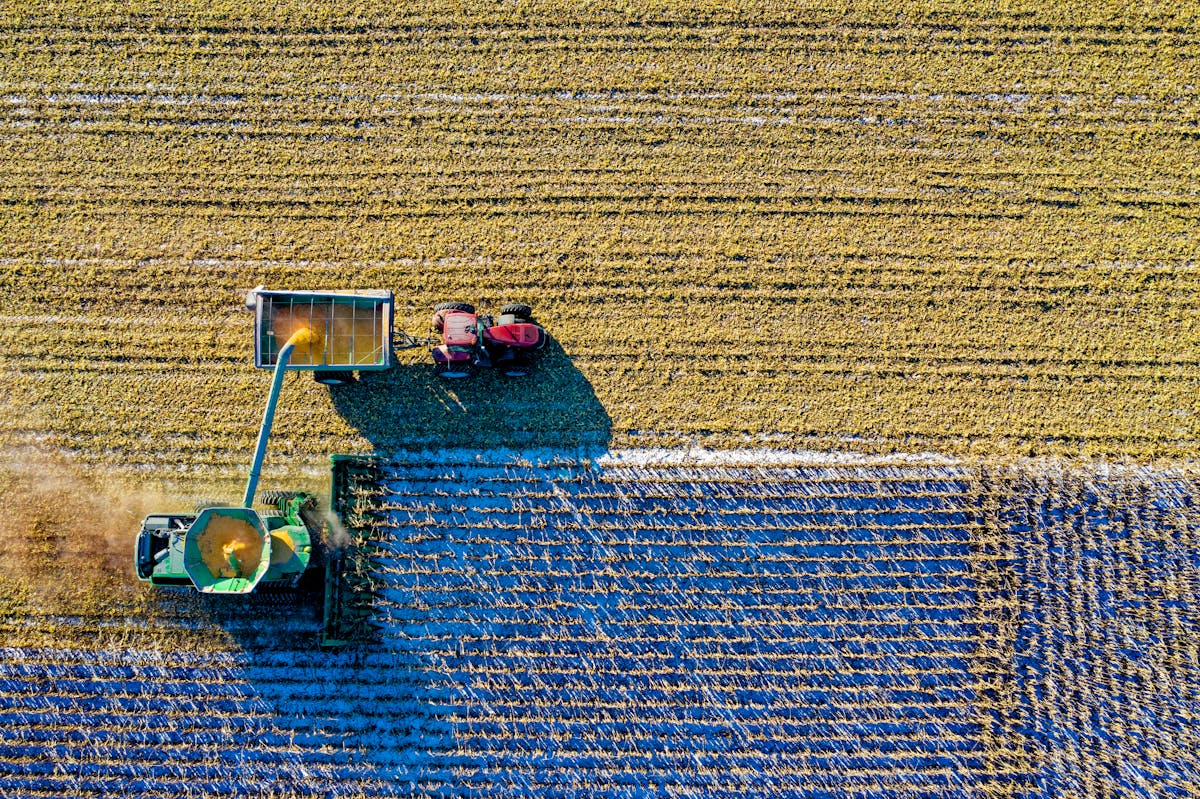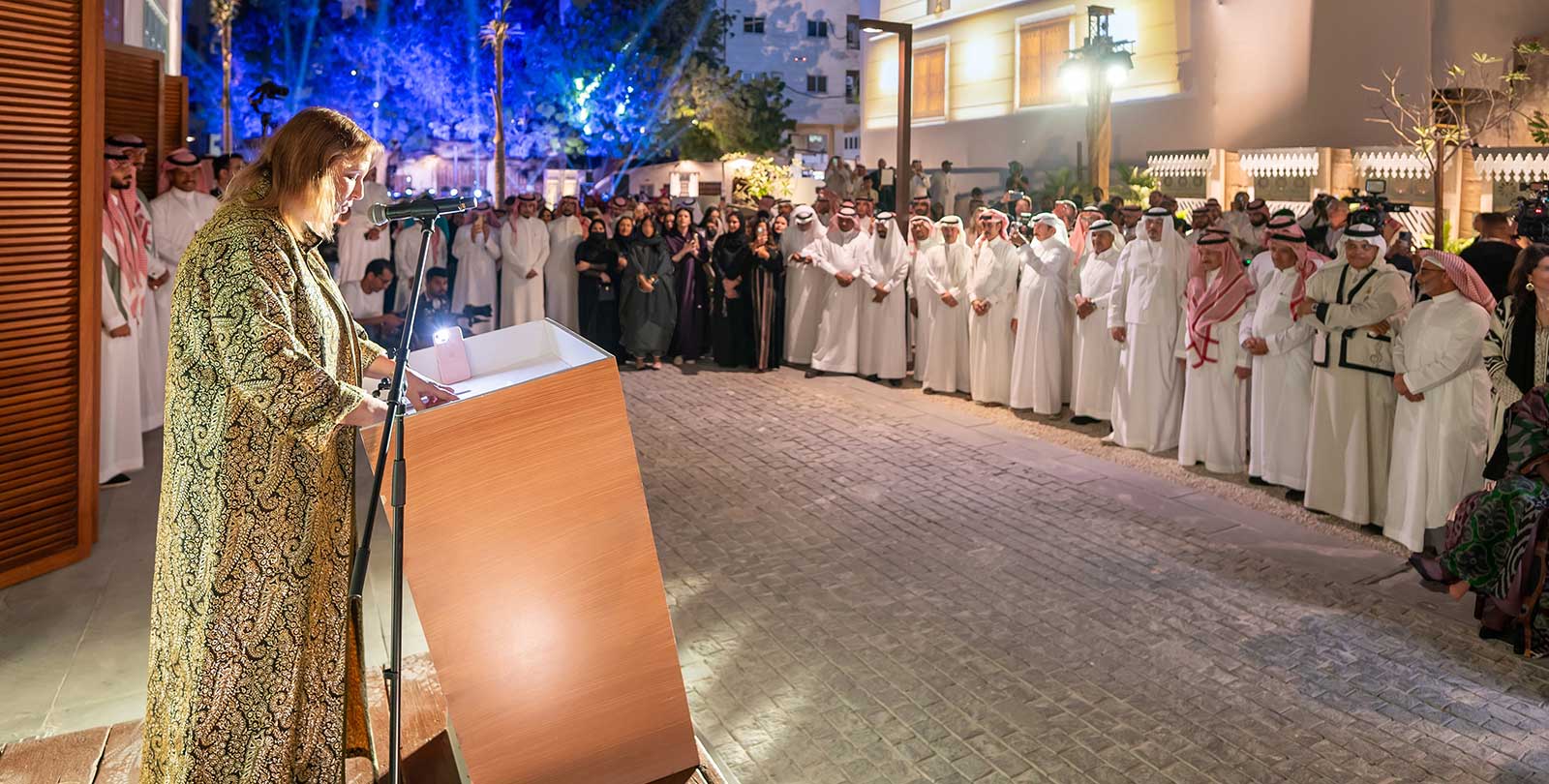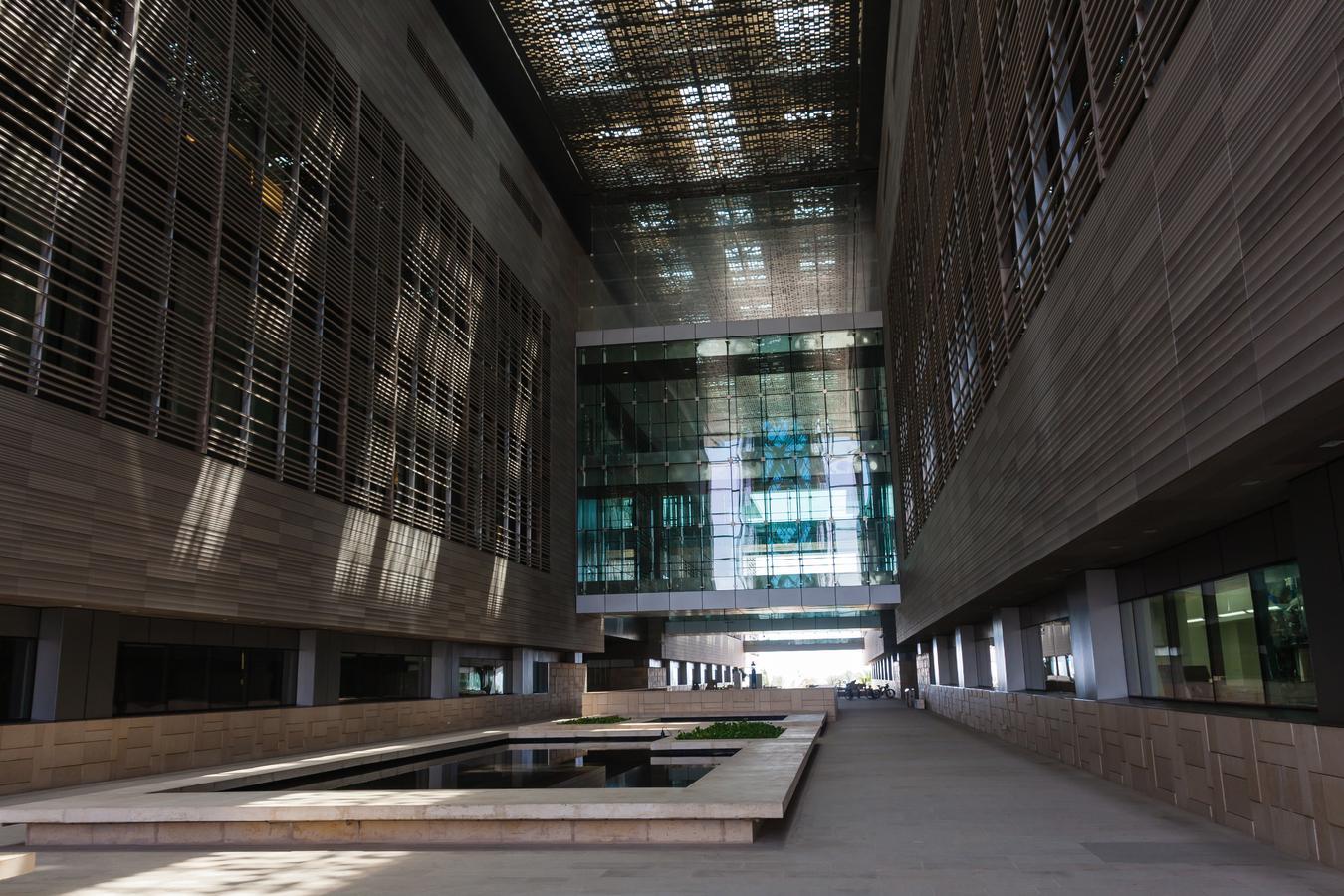Earlier this month, the Arab Gulf States Institute in Washington (AGSIW) published a report by Marie von den Bosch titled Saudi Arabia’s 60-Year Battle for Food Security. The report highlights how the climate crisis has compelled Saudi Arabia to rethink its agricultural policies, elevating food self-sufficiency to a national priority.
For decades, farming was far removed from the daily lives of most Saudis—a lifestyle confined to imagination rather than reality. However, as climate change intensifies, food prices rise, and environmental concerns escalate, agriculture has shifted from a niche interest to an unavoidable necessity. What was once considered impractical has become essential.
The growing presence of locally produced foods—such as grapes and cucumbers—on Saudi tables represents this transformation. Previously rare, these products are now gaining popularity, driven by rising demand and soaring prices. This embrace of local food production reflects a quiet yet significant cultural shift: a step toward sustainability.
While farming may not yet rival oil as a cornerstone of the Saudi economy, its contribution to food security is becoming increasingly vital. Like education and healthcare, agriculture will play a central role in the Kingdom’s ability to sustain resilient growth and adapt to the challenges of a warming planet.







1 Comment
Patty F | May 1, 2025, 13:59
Kudos to them for becoming more self sustained.